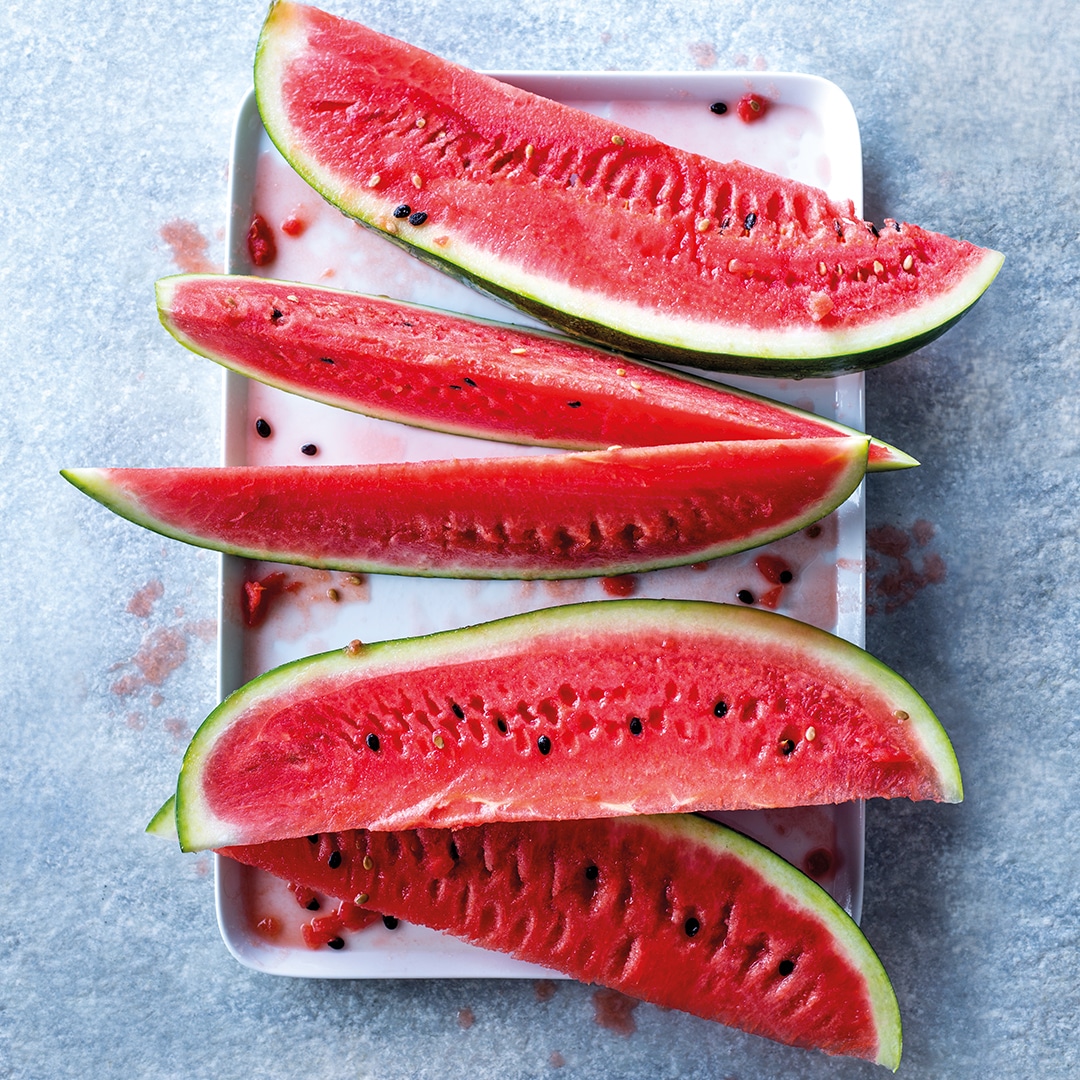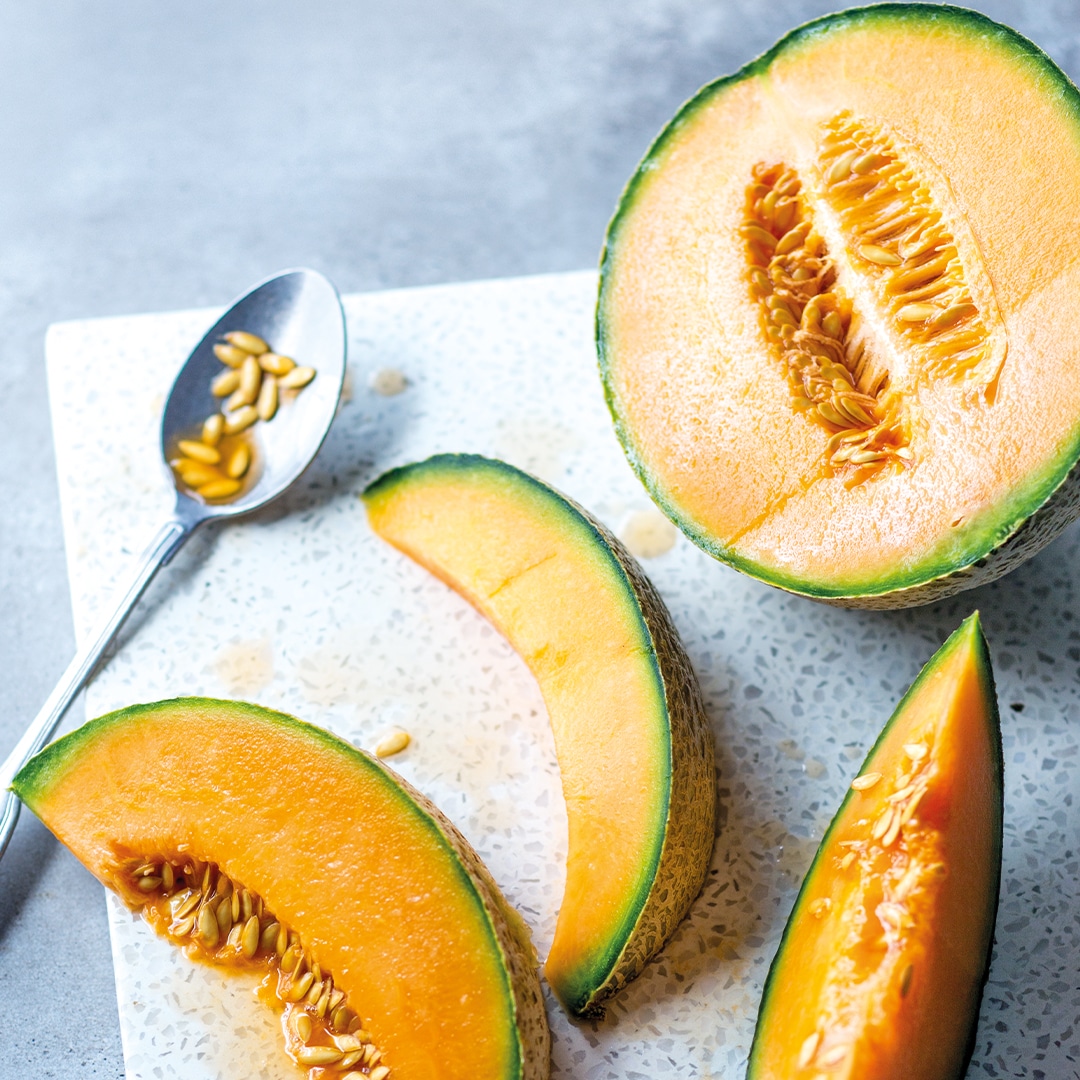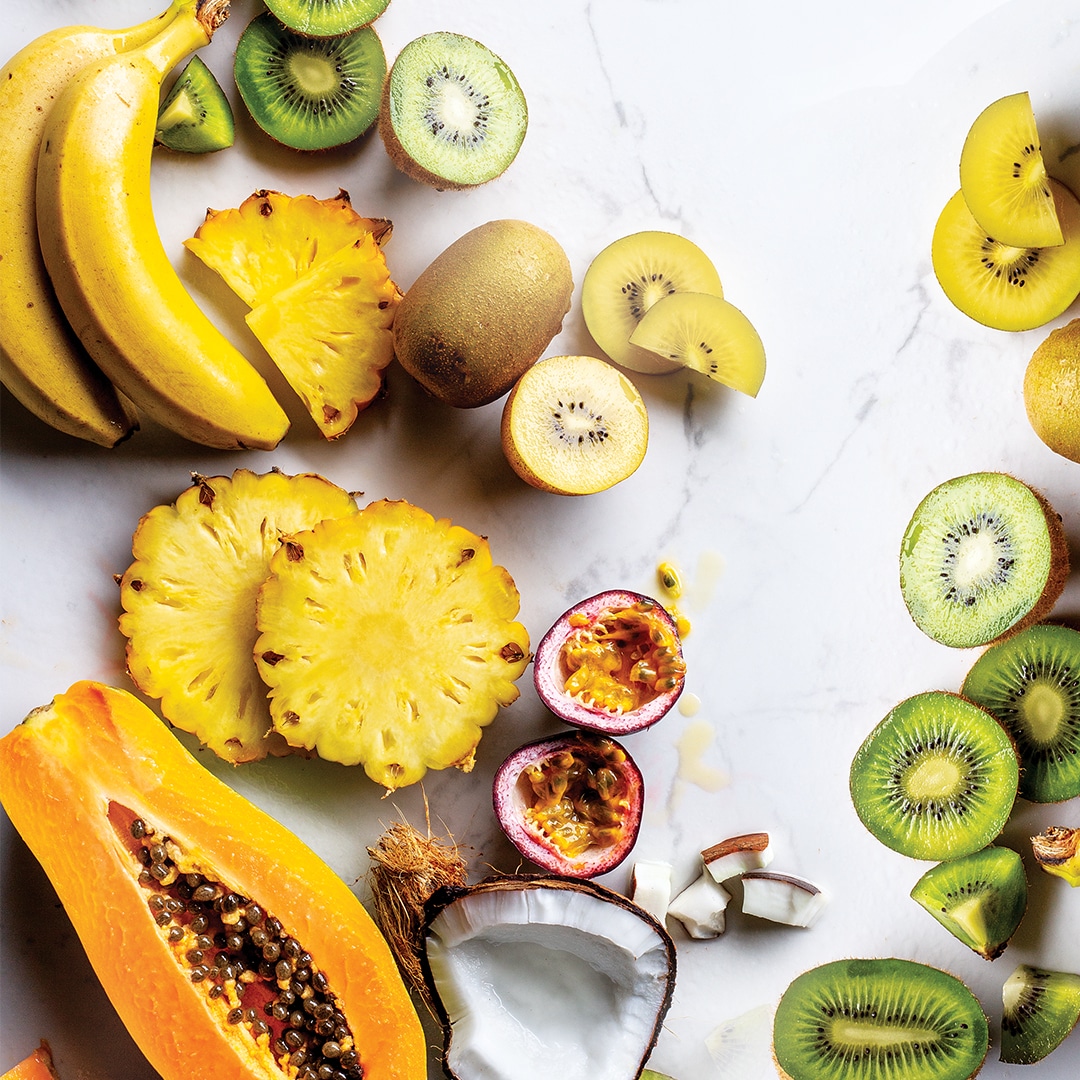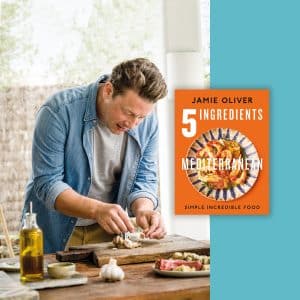There’s an ongoing debate around sugar and its impact on our bodies. Registered dietician Aziwe Booi sets the record straight on some common misbeliefs.
We live in a day and age where there is plenty of misinformation about food and dieting, especially sugar! Sugar is something we all seem to have a love-hate relationship with that often creates a vicious cycle of restriction and then binging.
It seems sugar is hidden everywhere, and we just can’t dodge it no matter how many sauces we say no to and granola bars we put back on the shelf. But knowledge is empowering, so we’re busting four common sugar myths.
Myth 1: You can eat any fruit all year round for a healthy diet.
FACT: Some kinds of fruit might be available all year round, but seasonal eating is what’s beneficial.
If you have never given seasonal fruit much thought, this is your sign to start buying seasonally. Seasonal fruits are grown and harvested just as the time is right for them, so they are more nutrient dense. In-season fruits are also significantly better for the economy, the environment and your pocket – especially when you support local vendors.
Seasonal fruits
Summer fruit include watermelon, mango, peaches, nectarines grapes, apples and bananas. Aim for two to three fruit portions per day.

Myth 2: Fruit sugar is unhealthy.
FACT: Fruit contain fructose.
Fructose is a particular kind of fruit sugar which is diluted in the fibre content of each fruit. Fructose occurs naturally in whole fruits, so they do not contain any unhealthy added sugar.
Also read: Sugarless carrot cake

Myth 3: Sugar is addictive.
FACT: Sugar activates reward pathways in the brain, which trigger cravings.
While sugar is not addictive, it is key to note that it can create intense cravings which can lead to eating more sugar. Sugar activates dopamine receptors in the brain, which makes us feel upbeat. As a result, we can associate sugar with feeling happy, which can reinforce cravings even more.
Myth 4: Sweeteners definitely …. cause cancer.
FACT: Sweeteners may cause cancer but research is limited.
Studies in the cancer-causing effects of sweeteners are still inconclusive, and mostly done on animals. The latest research, however, does raise the red flag that there may be sweeteners associated with increased cancer risk.
There are over 30 approved in the US alone, so it’s important to assess them all. We need more research to substantiate any claims regarding sweeteners. It is vital to view sweetener and sugar intake in the same way -they should be used occasionally and in small amounts. Whole foods such as fruit, vegetables and wholegrains should be the basis of any healthy diet because they’re associated with reducing the risk of cancer.
Balancing act
The practice of mindful eating is key to a balanced diet. It’s important to note that balance does not mean restriction – it is about incorporating the foods you enjoy into your lifestyle in a healthy way. Portion control is a practical way to incorporate moderation into your eating. The hand model, explained below, is a fun way to ensure your portions are individualised to your needs:
Fist: this should be the size of your starch. Aim for wholegrain starches like brown rice, wholewheat or rye bread, potatoes, butternut or pumpkin.
Tip of your thumb: healthy fats should be added in such a way that they’re a small part of your meals. Seeds, nuts, nut butters, vegetable oils, avocado or olives are some examples of healthy fats that can be added moderately in your diet.
Palm of your hand: your meat or protein portion should be this size; its thickness should be that of your index finger. Aim for lean proteins like chicken, fish, beans and legumes.
Two handfuls: this should be the size of your non-starchy vegetable intake per meal. Vegetables like carrots, peppers, spinach, broccoli or green beans are all nutritious and delicious.
If you need more guidance on how to implement portion control or mindful eating practices, contact your local dietitian to assist with your needs.
Words by: Aziwe Booi
Photographs: Fresh Living Magazine
Also read: Healthy snack hacks




